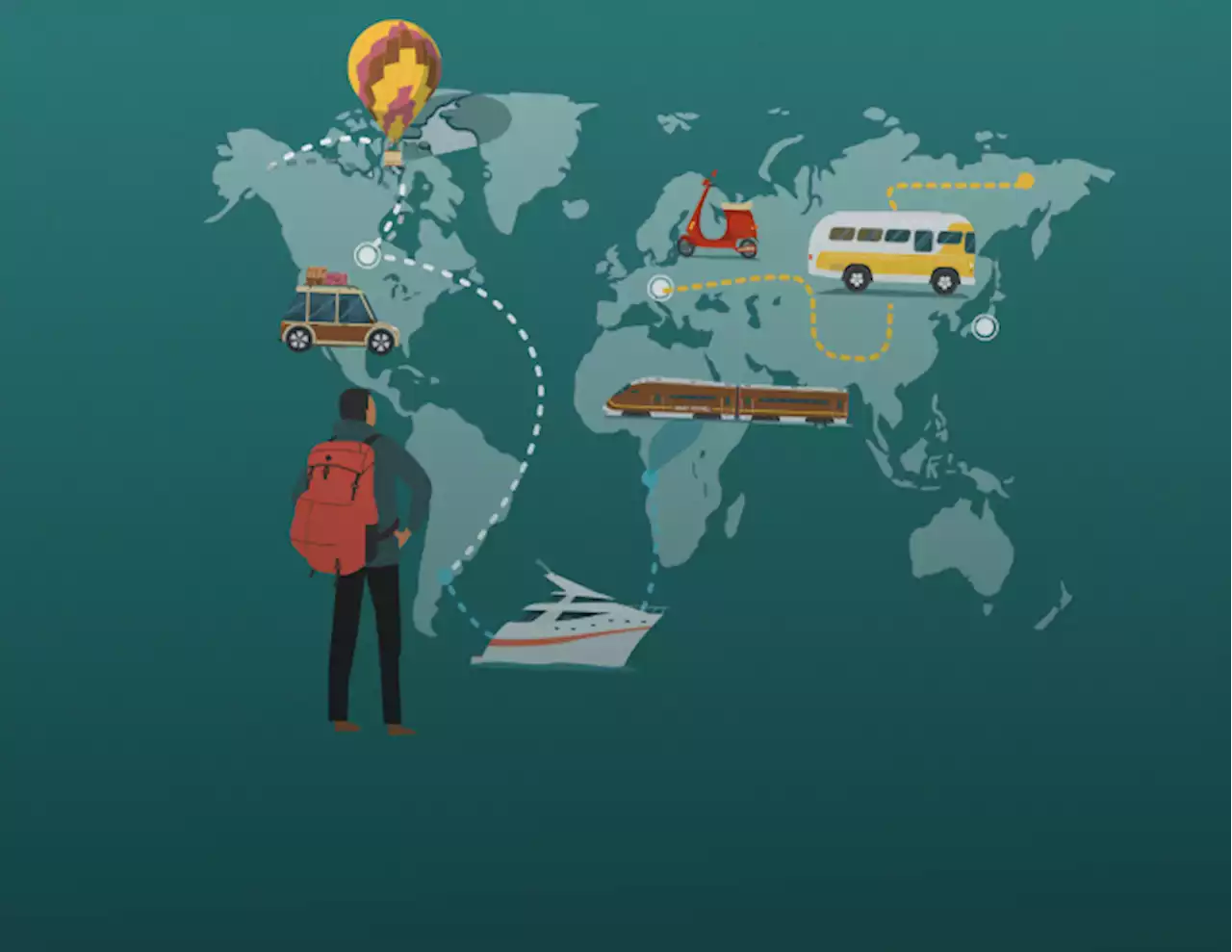And covid learning loss has made them even more vulnerable
was “nine or ten”, his relatives put him into a bucket and lowered him into a well. From the murky bottom, he filled the bucket and passed it back up so the family’s cows could drink. No one thought this odd. Among his people, the Samburu of northern Kenya, “a five-year-old is regarded as old enough” to help look after cows, he says; herding them, guarding them and making sure the precious beasts have enough grass and water.
Gradually, Shadrack is persuading his brother to sell some cows. The herd has been trimmed from 140 head to 100 in recent years. Lkitotian is unhappy about this, but he trusts and respects his younger brothers. Intra-family negotiations are fraught. Shadrack says he has “to tread carefully”. But he can see what will happen if he does not win the argument.
Since stunting affects brains, too, these infants will surely do worse in school. But if the mother was educated, the researchers found, her child was much less likely to be stunted. Indeed, children born in poor households but to educated mothers faced roughly the same risk of stunting due to floods as children born in wealthy households but to uneducated mothers.
Unfortunately, the parts of the world most imperilled by climate change, such as Africa and South Asia, often have woeful schools . And covid-19 has made matters worse, by closing classrooms for 1.6bn children globally. Before the pandemic, 53% of ten-year-olds in low- and middle-income countries could not read a simple text. That figure may have risen to 70%, estimates the World Bank.That would be an emergency under any circumstances; global warming makes it more so.
Philip, who is better educated, is less fatalistic. He has dug a retention ditch to conserve water. He and his wife buy fertiliser and drought-resistant seeds, rather than simply taking seeds from the previous year’s crop. They test the pof the soil, and add lime if it is too acidic. They plant their seeds earlier than their neighbours do, so they catch the first rain. They have adopted all these techniques in the past 10-15 years, partly in response to climate change.
One of her neighbours, Ashok Kumar Lamichhane, takes a different approach. His farm is smaller, only a fifth of a hectare. But he grows higher-value cash crops, such as bell peppers, cucumbers and chillies, and sells them for a healthy profit.
United Kingdom Latest News, United Kingdom Headlines
Similar News:You can also read news stories similar to this one that we have collected from other news sources.
 Warning ticks year-round risk due to climate changeExperts believe the parasites, which can spread Lyme disease, are surviving milder winters.
Warning ticks year-round risk due to climate changeExperts believe the parasites, which can spread Lyme disease, are surviving milder winters.
Read more »
 It’s decided: decisive people no more accurate than self-doubtersResearch finds only difference between so-called action-oriented and state-oriented people is confidence
It’s decided: decisive people no more accurate than self-doubtersResearch finds only difference between so-called action-oriented and state-oriented people is confidence
Read more »
 It’s decided: decisive people no more accurate than self-doubtersResearch finds only difference between so-called action-oriented and state-oriented people is confidence
It’s decided: decisive people no more accurate than self-doubtersResearch finds only difference between so-called action-oriented and state-oriented people is confidence
Read more »
 Sustainable travel experts to discuss flight-free holidaysGet inspired for your next adventure and find out why our toxic relationship with flying needs to change at our Zoom panel event
Sustainable travel experts to discuss flight-free holidaysGet inspired for your next adventure and find out why our toxic relationship with flying needs to change at our Zoom panel event
Read more »
 Heavy drinkers ‘healthier and happier in later years’Drinking heavily may be the key to staying happy and healthy in later life, a study has found.Researchers questioned hundreds of people aged over 60 attending
Heavy drinkers ‘healthier and happier in later years’Drinking heavily may be the key to staying happy and healthy in later life, a study has found.Researchers questioned hundreds of people aged over 60 attending
Read more »
